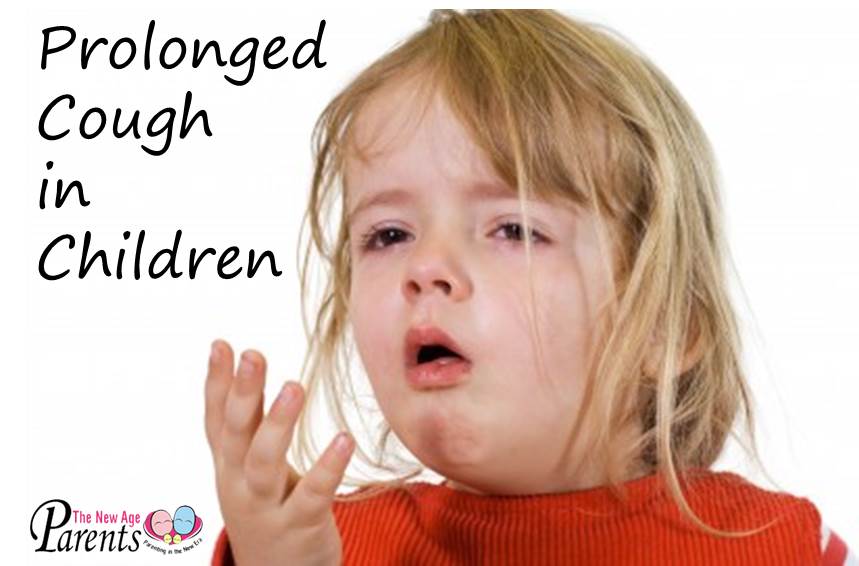

Antibiotics are designed to treat bacterial infections, not viruses. A cold, flu and bronchiolitis are all caused by viruses.

Antibiotics won't help if your child's cough is caused by a viral infection. Only give antibiotics when absolutely necessary. Some medications can only be given to children once they've reached a certain age, and some might be more effective than others, depending on what's causing your child's cough.

But how can you help reduce night time coughing? Unless your child is struggling to sleep, coughing at night isn't something you should worry about. Speak to your GP if your child is struggling to breathe or drink liquids and if the cough won't go away after three weeks.ĭo you find that during the day, your child coughs only a few times, but when night time comes, their coughing becomes worse? It has a similar effect to cough medicine. If your child is older than 1 year, you can give them some warm water with lemon and honey. It’s important to keep them well hydrated.ĭrinking warm liquids can be especially soothing. You can help ease a dry cough by putting a humidifier in the room or using steam from a warm bath or shower. With a dry cough, you’ll notice that it doesn’t sound like there’s mucus the body is trying to get out. Dry coughs in childrenĭry coughs in children can be caused by lots of things - the common cold, second-hand cigarette smoke and other irritants like dust or pollen, for example. You can give it to them at night just before bed. Use saline drops to help your baby or toddler if they have a blocked nose and post nasal drip that makes them cough. If your child has a fever and if they feel shivery and hot, take them to the doctor. Other symptoms of this may include your baby wheezing, having a fever or experiencing shortness of breath.Īs with babies, chesty coughs in kids can be caused by chest infections. Watch out for any green or yellow mucus coming out, as this may be a sign of infection. Chesty coughs in babies and childrenĪ chesty cough is a symptom of a chest infection, and your baby can develop a chesty cough after getting a cold.

Take your baby to the doctor if they have a dry cough that won’t go away and if they’re having trouble breathing. A dry cough, also known as a hacking cough, may have different possible causes, such as the common cold and the flu, allergies, pollution, cold air, bronchiolitis, pneumonia, bronchitis. The first type of cough babies can get is a dry cough, which doesn’t bring up phlegm. Here are different types of baby coughs and their possible causes. This may help you get an idea of potential reasons for why your baby may be coughing at night. Whether your baby’s coughing at night is causing you concern, or your toddler has a chesty cough, the more you know, the easier it is to know what to do to help them feel better.įirst, let’s learn about what types of baby coughs there are. Clueing up on different types of cough is always a good idea.


 0 kommentar(er)
0 kommentar(er)
